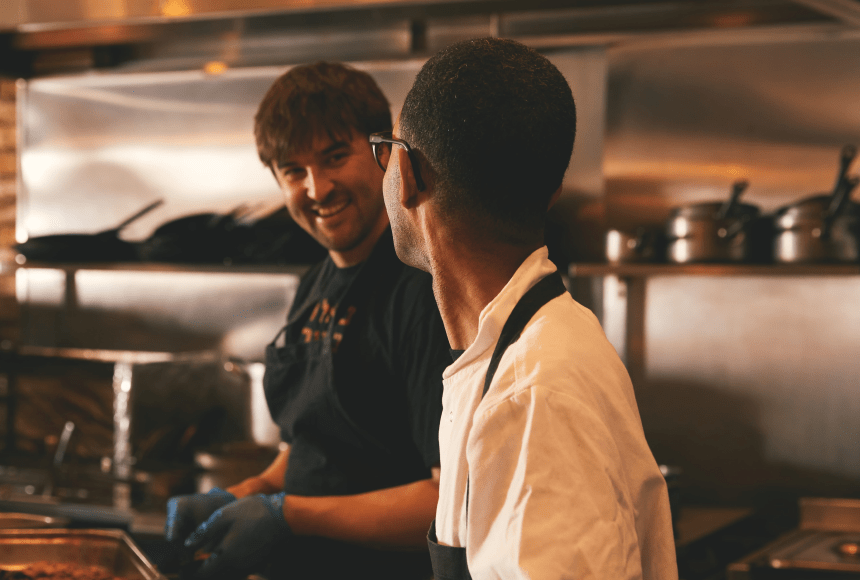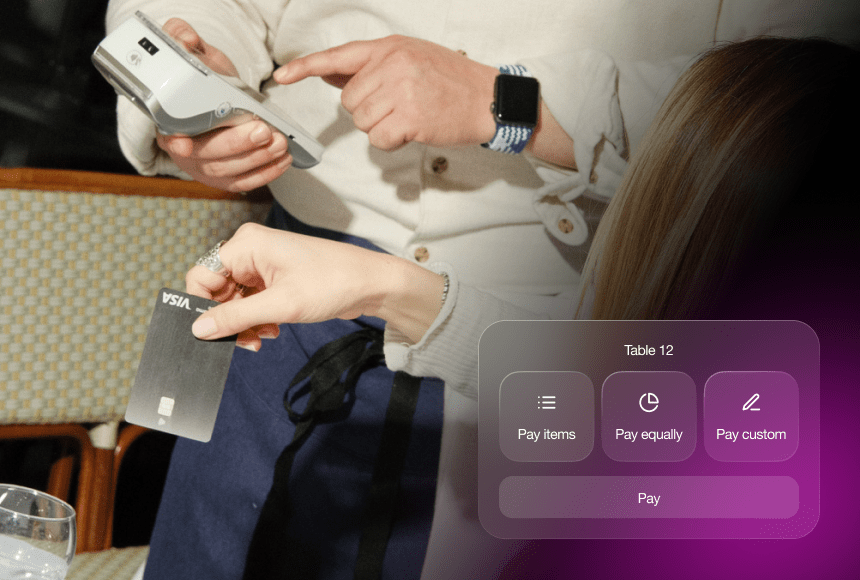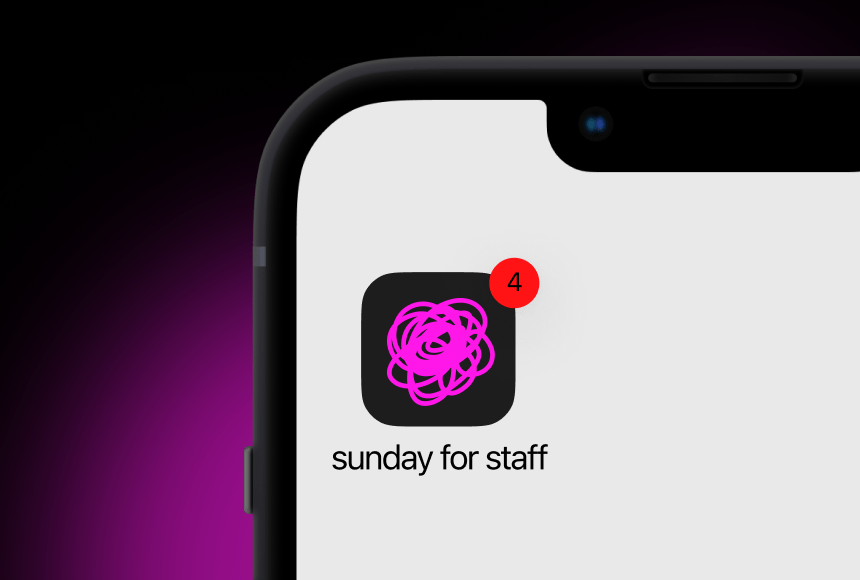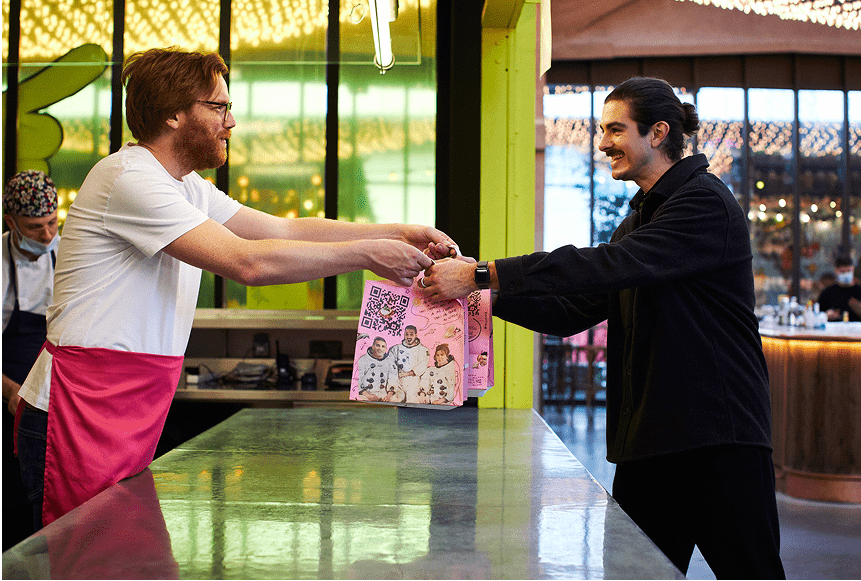
Turning Feedback into a Powerful Asset for Your Restaurant
Understanding the True Value of Online Reviews
Picture walking through your dining room, greeting guests and observing their reactions to every bite. That is essentially what happens online when customers leave reviews: their impressions spread to countless potential visitors. Reviews on Google, TripAdvisor, and social media can shape public perception of your restaurant faster than the aroma of freshly baked bread can spread through your kitchen.
In the UK, hospitality businesses pay close attention to what people say online. According to the BrightLocal Local Consumer Review Survey, around 49% of consumers trust online reviews as much as personal recommendations. This is significant when you consider that every star, every comment, and every rating can introduce dozens—sometimes hundreds—of new customers to your doorstep.
Studies show that small ratings increases have a direct link to sales growth. Research from Harvard Business School highlights that improving your rating by one star can boost revenue by up to 9%. That means each positive comment, no matter how small, can create ripple effects that result in more cover bookings and stronger brand awareness. Conversely, a few negative remarks left unattended could harm your carefully crafted image. Online reviews are not just auxiliary feedback; they are the modern-day word of mouth that can influence your future. Understanding their power is the first step toward making them a true marketing ally.
Building Your Reputation Before Customers Even Arrive
Customers often search for a restaurant’s reviews before stepping through the door. They might spot your star rating on Google or scroll through numerous comments on a travel website. If the feedback they see is mostly positive and accompanied by prompt, thoughtful responses from you, an impression of warmth and professionalism emerges. This initial perception can predispose newcomers to have a positive experience, even before they taste their first dish.
Craft your online presence by ensuring each review—good, bad, or neutral—gets the right attention. Show you care about each guest’s experience, and prospective visitors will feel the sincerity. It is a lot like plating your food: tidy presentation can be just as important as taste, because it sets the tone for the meal ahead. Paying attention to your “digital plating” by responding promptly and politely to reviews reveals your dedication and your brand values.
A robust digital reputation also appeals to local influencers and media outlets. When journalists or local bloggers review “hot spots” in town, they often rely on aggregated ratings and existing reviews. If your ratings are strong and your restaurant vibe stands out in the community, those groups are more likely to notice you. The secret is to care consistently about reviews and make a constant effort to keep your online image in tip-top shape.
Turning Positive Reviews into Marketing Levers
A glowing review from an enthusiastic guest is often pure gold. Instead of letting it sit quietly on your listing, consider some creative ways to highlight it:
- Website Showcases: Embed short review snippets on your site. Potential guests can see direct, genuine words from real diners the moment they land on your homepage.
- Social Media Spotlights: Share a positive comment on your social accounts. Accompany it with a delicious photo of your signature dish. This helps validate your claims about quality and warmth.
- In-House Displays: If appropriate, incorporate testimonial posters or frames with a collection of positive comments. Display them near the entrance or waiting area.
These strategies serve a double function: first, they extend the life cycle of each positive review, and second, they boost the reviewer’s sense of importance and loyalty toward your establishment. Showcasing their praise conveys that you value feedback, motivating more customers to leave comments. This creates an ongoing cycle: positivity generates more positivity.
Another angle is turning your top reviewers into informal “ambassadors.” Some restaurants invite especially loyal or enthusiastic patrons to write blog posts or even feature in quick highlight videos. Encouraging that level of engagement can strengthen your bond with diners and attract wider attention. When people see genuine endorsements from fellow customers, it often carries more weight than even the best advertisement script.
Managing Negative Reviews with Professionalism and Warmth
No matter how passionate you are about your restaurant, negative reviews will happen. It could be a bad day in the kitchen, a misunderstanding with a server, or simply a customer’s personal preference. The key is handling criticisms in a way that preserves your integrity and shows care. Here are essential steps to consider:
- Stay Calm: Anger or defensiveness in your reply can add fuel to the fire. Read the review slowly, and remember that a potential customer might see your response. Stay professional and open.
- Acknowledge Their Experience: Genuinely apologise for any inconvenience. A simple acknowledgement can defuse tension and show empathy.
- Offer to Continue the Discussion Privately: Inviting the guest to speak with you directly shows willingness to improve. It also prevents a lengthy online back-and-forth.
- Act on Feedback: If the negative review highlights a valid shortcoming—perhaps slow service or a missing item on the menu—address it internally. Show you are taking steps to fix the issue and then follow up.
According to a 2020 study by ReviewTrackers, 94% of consumers say a negative review has convinced them to avoid a business. That is why a practical approach to criticism is so crucial. Your professionalism might inspire a dissatisfied customer to revise their opinion or even remove the negative feedback altogether. Future diners who stumble upon the exchange will see your calm and constructive approach, possibly turning what was initially bad press into a testament to your dedication.
Encouraging Reviews for Ongoing Engagement
People are busy. They move from dinner to dessert to paying the bill—and often head straight for the door. Encouraging them to leave a review requires a combination of simplicity and gentle nudging. Using a frictionless payment tool like sunday can help. With a quick QR-code scan, not only can diners settle the bill swiftly but, if implemented properly, they can also be prompted to leave a brief comment or star rating. If something as simple as scanning a code allows them to pay and respond in one go, the odds of them giving feedback grow substantially.
Alternatively, you can place a small sign near the exit inviting guests to share their thoughts. Some restaurants kindly offer a free coffee as a ‘thank you’ for leaving a review, while others include a friendly line on their menu or receipts: “How was your visit? Let us know online!” Keep it honest and straightforward. People value authenticity and rarely appreciate pushy tactics.
Bear in mind that timing counts. Catching a guest right after a delicious meal, while the positive memory is fresh, can improve the quality of the review. If you wait too long (say, sending an email two days later), the diner may have lost some enthusiasm—or worse, forgotten key details of their experience.
Using Technology to Simplify Reputation Management
Reputation management tools—both integrated into platforms like sunday or as standalone solutions—can track mentions, compile feedback from multiple sites, and analyse your ratings over time. You can spot trends, such as consistently slow service on weekends, or discover new favourite menu items that diners keep praising. Savvy use of these tools stops you from drowning in data while guiding you to meaningful insights.
For example, if aggregated data reveals that the fish option on your set menu receives frequent compliments, you might decide to offer variations, add a photo of it to your website, or highlight it with more visible signage in the restaurant. Managing your online reputation is not purely about damage control or self-congratulation; it is about using feedback to fine-tune your approach, resulting in an even better guest experience. And when you respond effectively to both good and bad reviews, you build trust, which is priceless in the hospitality world.
Connecting Reviews with Wider Marketing Efforts
Your reputation does not exist in a vacuum. Draw connections between customer feedback and your broader marketing initiatives:
- Menu Updates: See repeated requests or suggestions in reviews? Tweak your menu to feature the items that people love or remove those that consistently disappoint.
- Event Announcements: Planning a live-music evening or a holiday-themed special? Mention notable online reviews that referenced your good atmosphere or staff friendliness to show you value community opinions.
- Loyalty Programmes: Acknowledge frequent reviewers and diners by integrating them into a loyalty scheme. Such a programme might offer early access to new menu items or a special discount on birthdays. This generates recurring visits and, with luck, more reviews.
- Collaboration with Local Businesses: If you see a pattern in reviews about your focus on fresh, local produce, highlight partnerships with nearby farms or artisanal producers. This synergy can draw more attention to both parties and strengthen trust in your brand.
Consistent interplay between the feedback you receive and the actions you take in marketing can convey to customers that you are genuinely listening. They will see your operation as alive and evolving, not static. For many diners, that sense of growth and commitment is highly appealing—especially when each update or improvement stems from real feedback.
Crafting Guidelines for Your Team
A strong online reputation relies on the daily efforts of your entire staff. Everyone from the kitchen to the front-of-house has a hand in shaping your guests’ impressions. Develop clear guidelines for your team on how to act, speak, and respond to issues so that interactions remain consistent.
For example, if your service staff knows the ideal phrasing to politely apologise for a delay, those small interactions can prevent negative comments before they form. Similarly, staff might encourage satisfied guests to share their experiences online in a friendly manner. Even the way you handle transitions—like moving from the main course to the dessert menu—impacts the overall experience. Train your team to be attentive to detail, and you will naturally reduce friction points that lead to complaints.
It is also beneficial to hold periodic team meetings to review recent feedback together. Pinpoint what went right and examine how to replicate it. Identify what went wrong and discuss solutions. This cultivates a learning culture that treats each review as a constructive tool rather than a threat.
Responding with Authenticity: A Balancing Act
Striking a balance between professionalism and warmth can be challenging. On the one hand, you want to maintain a confident, knowledgeable voice; on the other hand, you do not want to sound like a pre-programmed robot spitting out generic replies. Think about how you would talk to a guest in person. Would you use a particular tone, a dash of humour, or a personal anecdote? Let that approach guide your online responses.
For instance, if a customer praises a new seasonal dish, respond with a brief mention about how your chef sources the main ingredient from a local farm. This personal flavour captivates the reader. The point is to show there is a real human being—and a passionate one—behind the scenes. People gravitate toward authenticity, especially in the food industry where atmosphere and personality are part of the draw.
Crafting these responses can go hand-in-hand with the immediate feedback loop. When a payment solution like sunday prompts guests to tip and leave a brief comment after scanning the QR code, you can capitalise on that moment to form a genuine connection. It demonstrates that you acknowledge each person’s experience and humanity in return.
Maintaining Momentum for Long-Term Success
Online reputation is not something you “fix” once and forget. It requires continuous monitoring, timely responses, and periodic adjustments to both your service and digital presence. Reviewing data monthly, updating your website’s testimonial section, re-training staff on best practices—in many ways, it is akin to updating your menu every season to keep ingredients fresh and your guests curious.
When you commit to an ongoing strategy, reviews can evolve from a standalone rating to an active conversation between you, your diners, and the broader community. This goes beyond marketing itself: it is relationship-building, the kind that can future-proof your restaurant against competitive challenges and shifting consumer tastes. If your restaurant becomes known for consistently engaging with feedback, you stand out as a warm, responsive, and guest-focused operation in a crowded market.
Encouraging Action from Your Guests—and Yourself
Each new review, whether it is praising your impeccable service or pointing out an under-seasoned dish, offers a glimpse into your business from the diner’s perspective. By dedicating time to listen, learn, and adapt, you convert basic feedback into a valuable resource for continuous growth.
Ask yourself: does your team treat each review (positive or negative) as an opportunity to connect? Do you celebrate positive feedback with staff while also brainstorming improvements when criticism arises? If the answer lies somewhere in the middle, now is a great moment to refine those practices.
In doing so, you build a solid foundation of trust. Guests notice when you pay attention to detail and strive to give them the finest possible experience. It fosters loyalty and opens the door to repeat visitors who eventually become vocal champions of your brand. With the right mindset, every review can be a chance to strengthen your restaurant’s reputation—and, by extension, your bottom line.
Like a perfectly balanced dish, your online presence needs the right blend of attentiveness, responsiveness, and innovation. By turning each review into a potential marketing lever, you empower your restaurant to thrive in the competitive UK dining scene. The result is a more engaged audience, a fuller dining room, and a brand that resonates well beyond the walls of your establishment.
Find out more today
Drop us your details below and we’ll reach out within the next 24
Get the full, detailed picture.
sunday elevates your business with insightful data, instant feedback and precise analytics.




